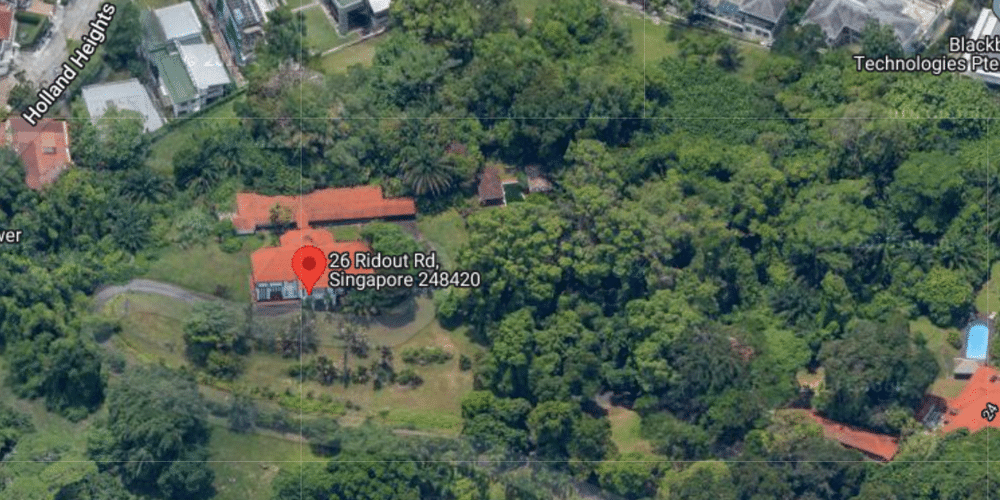Facebook on Thursday introduced strict criteria for political ads on the social network in Singapore to prevent the spread of misinformation as the city-state gears up for elections.
Faced with criticism the site has been used to manipulate polls, Facebook has been tightening rules on such adverts around the world, from the United States to India.
Those advertising in Singapore about elections and politics on Facebook or its Instagram app will now have to first confirm their identity and location, and disclose who is responsible for the ad, the social network said.
They must also provide information such as a phone number, email or website, said Katie Harbath, Facebook’s public policy director.
In addition, the new requirements will apply to those wanting to run ads related to social issues such as immigration and crime — topics that are hotly debated by Singaporeans on Facebook.
“To enable healthy discourse in Singapore, we’ve taken steps to reduce the spread of misinformation, help prevent foreign interference in elections, and, more recently, to bring greater transparency and authenticity to advertising,” she said.
Speculation has been mounting that Singaporeans could head to the polls soon after Prime Minister Lee Hsien Loong convened a committee to review electoral boundaries this month, typically the first step towards a vote.
Facebook came under fire from Singapore authorities earlier this year in the run-up to the passage of new legislation to combat “fake news”, with the government accusing tech giants of being unable to police themselves.
The law requires social media platforms to carry corrections or remove content the government deems to be false, but activists have warned it could be used to silence critics ahead of the elections.
Facebook is a major investor in Singapore. The firm has its Asia headquarters in the city-state and last year announced plans to build a $1 billion data centre there, its first in the region.
The Singapore government has long been accused of clamping down on civil liberties and free speech, and targeting their political opponents.
The People’s Action Party, which has ruled Singapore uninterrupted for more than five decades, is not seen as being at risk of losing power at the polls to a divided opposition.
– AFP

Subscribe
Login
1 Comment
Newest




